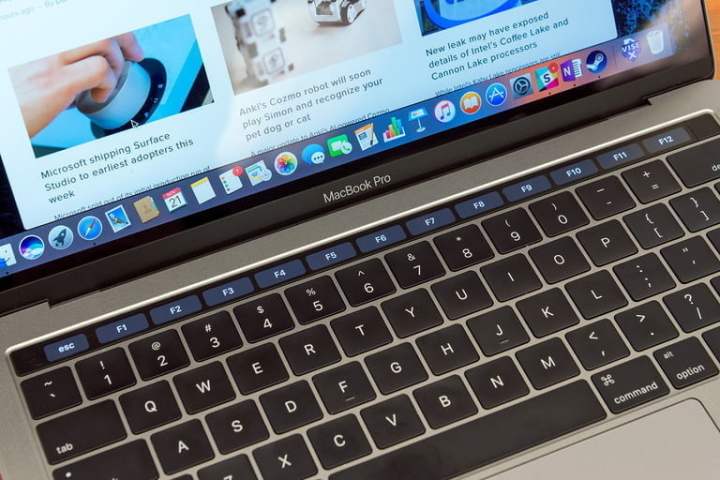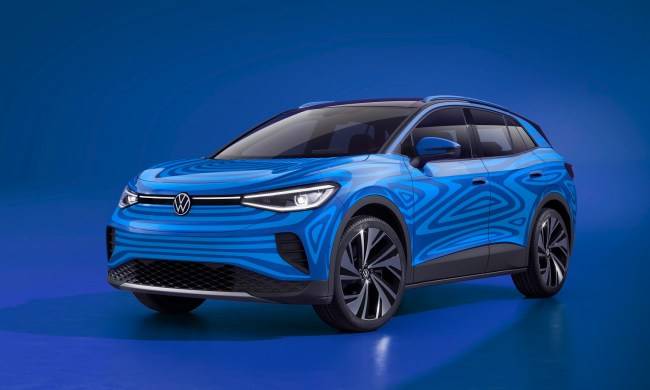With its switch to its own M1 series of processors, Apple is closing in on the market share of its larger PC rivals in the notebook space, according to the latest research data. Apple’s MacBook Air and MacBook Pro now command 24% of the household laptop market, which places it slightly behind Dell’s 27% and approximately 10 points ahead of Acer and Lenovo.
Even though Apple is catching up with Dell, they both still trail behind HP, which is in the lead with 35%. This means that Apple is 11 points behind the notebook leader in the U.S., according to research firm Finbold, which cited survey data from Statista. That data is based on household ownership, and not on recent quarterly sales reports.

Apple’s third-pace ranking is a significant jump from two years ago. According to Aithority Technology Insights, Apple’s notebook division experienced 23% year-over-year growth in 2020 when compared to sales figure from 2019. According to 2016 data from TrendForce, Apple was in fourth place with just 10.3% of the notebook market share, placing it behind HP, Lenovo, Dell, and Asus.
Some of Apple’s growth in the PC space could be attributed to the coronavirus pandemic, during which time demand for notebooks and desktops soared as people were forced to work and study from home amid the lockdown. After years of stagnation, the pandemic ushered in a new renaissance in the PC and notebook space as users required more powerful tool to work from home.
The popularity of Apple’s MacBook lineup also benefited from the company’s recent transition away from Intel chips to its in-house ARM-based silicon. Apple’s investment in launching its own M1 series of processors has paid off, as the company’s laptops are both powerful and efficient. Statista’s data was published on October 22, which means that sales figures for the MacBook Air and M1-powered MacBook Pro 13-inch were included — both products launched in 2020 — but the more powerful MacBook Pro 14-inch and MacBook Pro 16-inch sales were likely not included. Both new laptops only started shipping recently, and they are powered by the even more powerful M1 Pro and M1 Max chips. If Apple’s momentum continues with these new models, it could potentially leapfrog Dell to become second in notebook market share.
HP’s healthy lead in the space is due to the company’s design, performance, and price, according to Finbold. Unlike Apple, the company also sells a greater variety of laptops that cater to different market segments like gaming, education, and creative professionals. Apple’s notebooks, in general, are viewed as more expensive. The company’s cheapest laptop, the MacBook Air, starts at $999.


